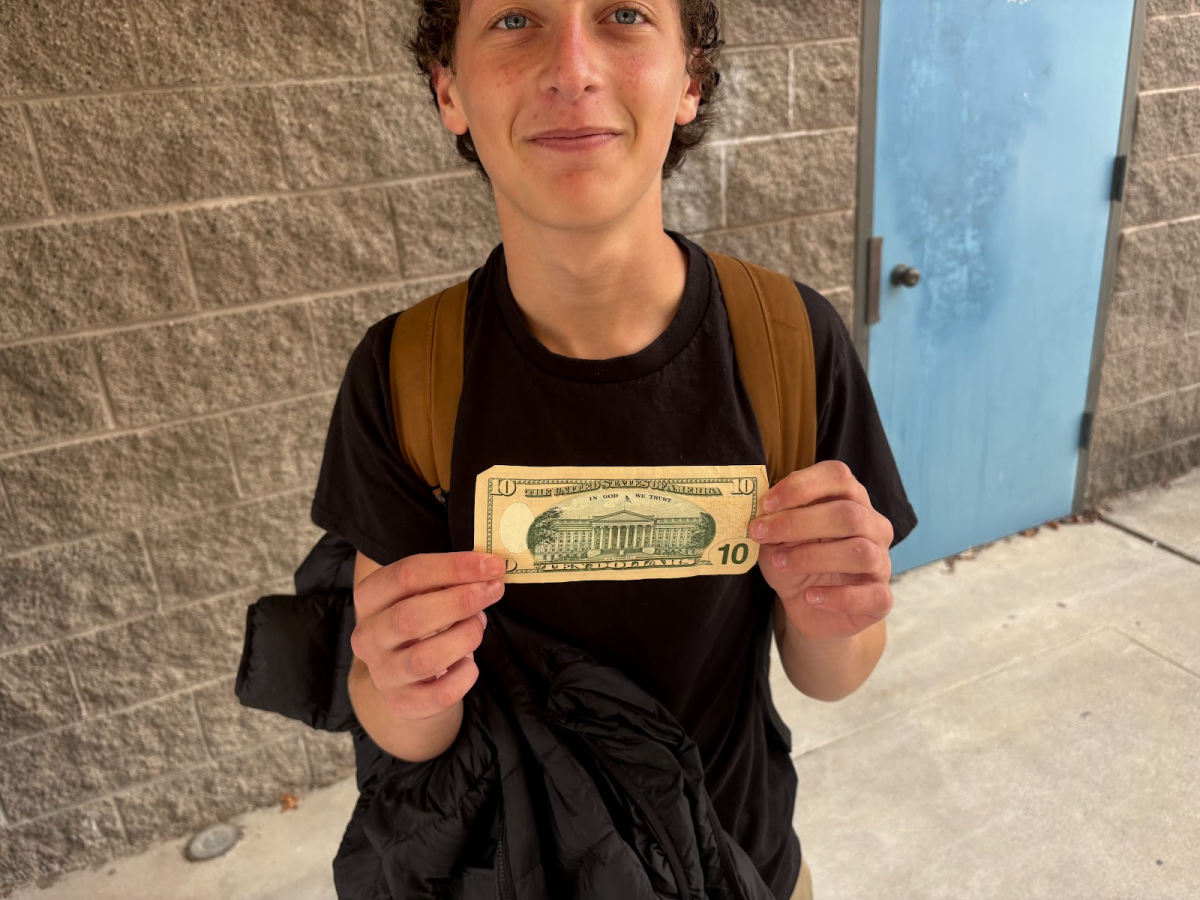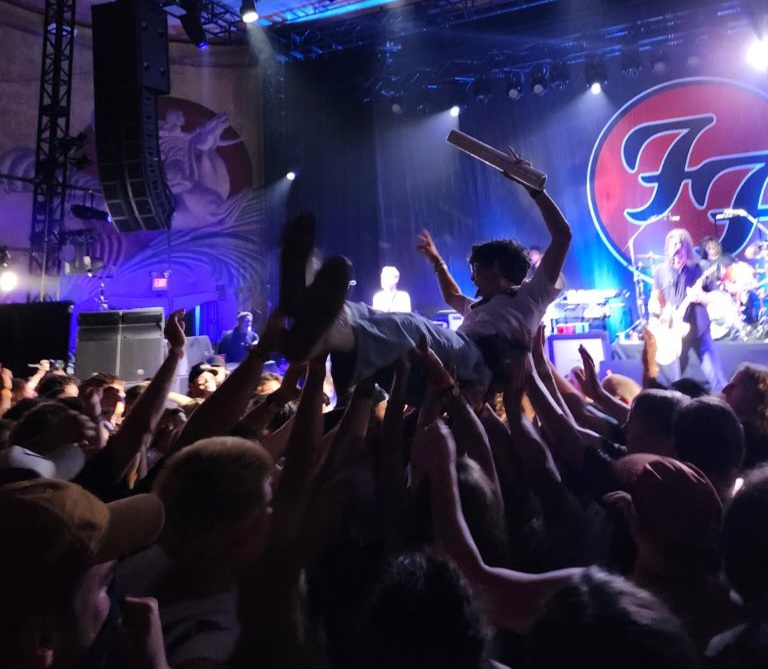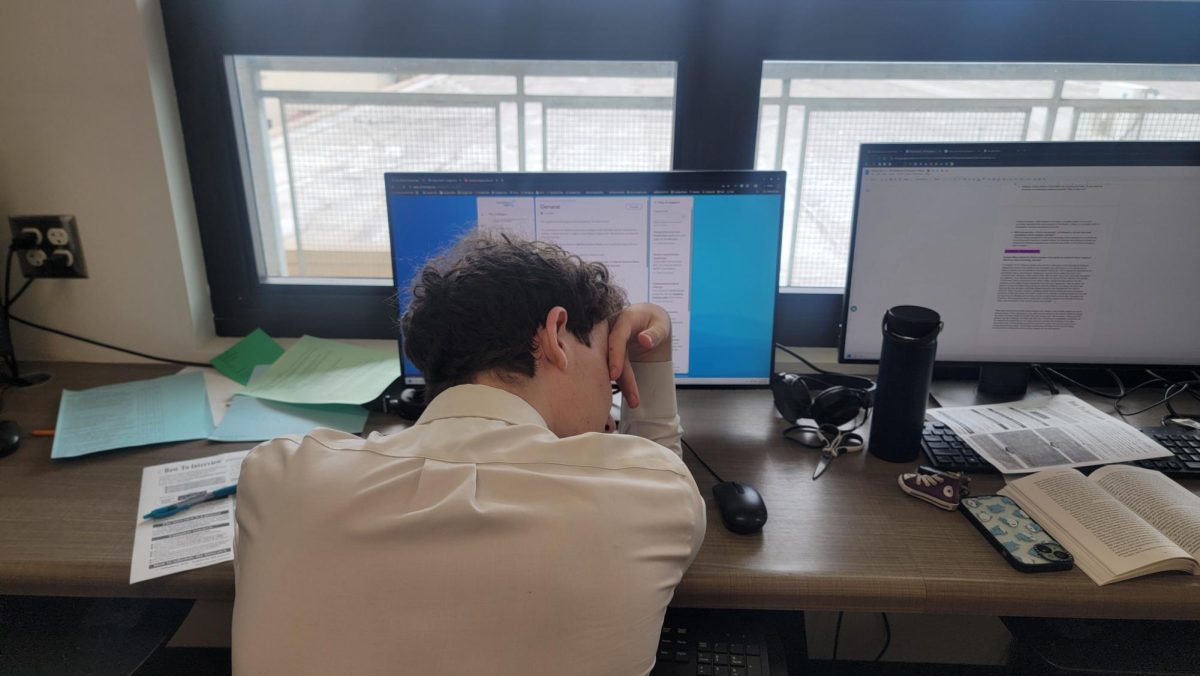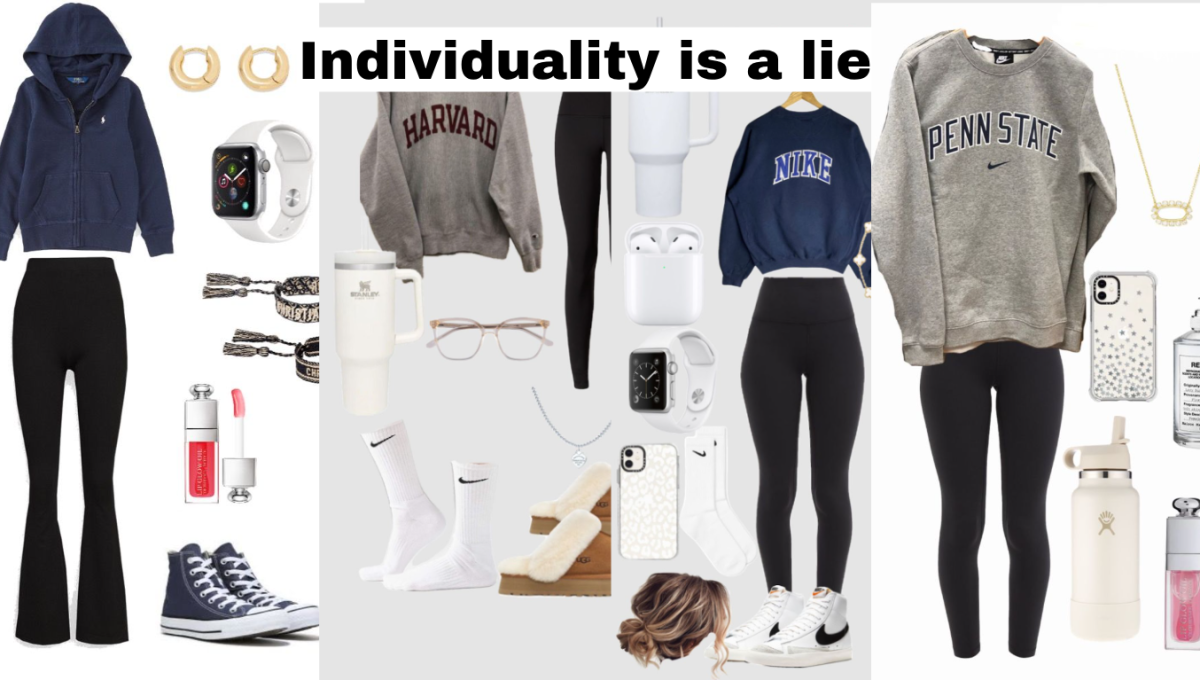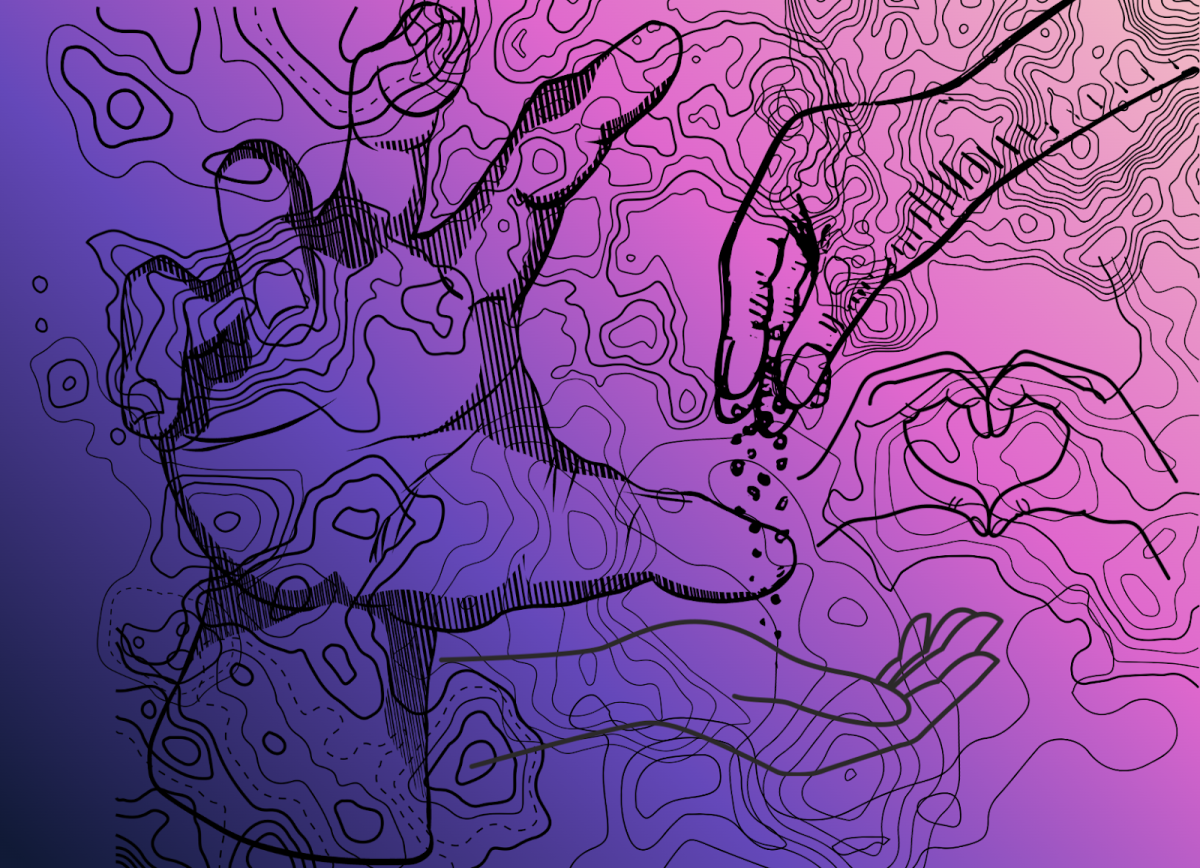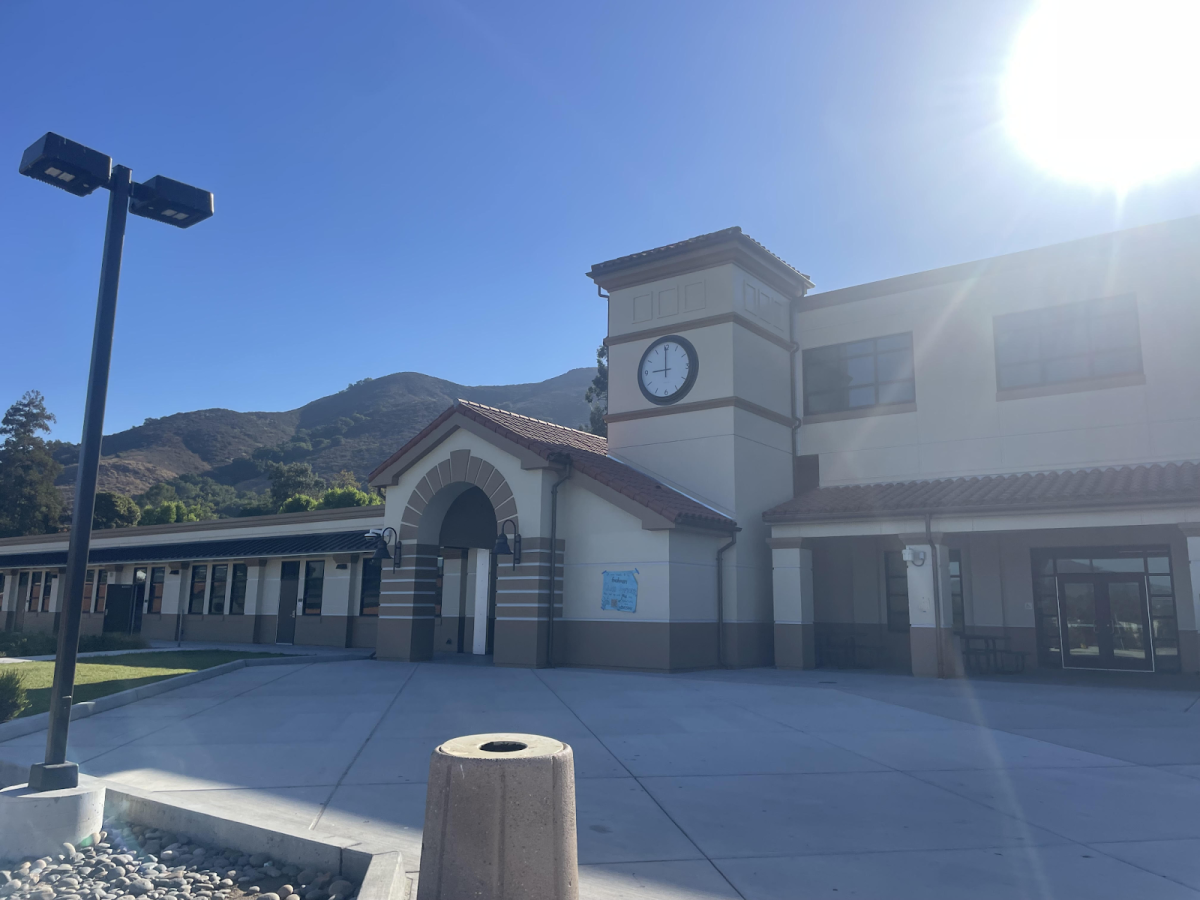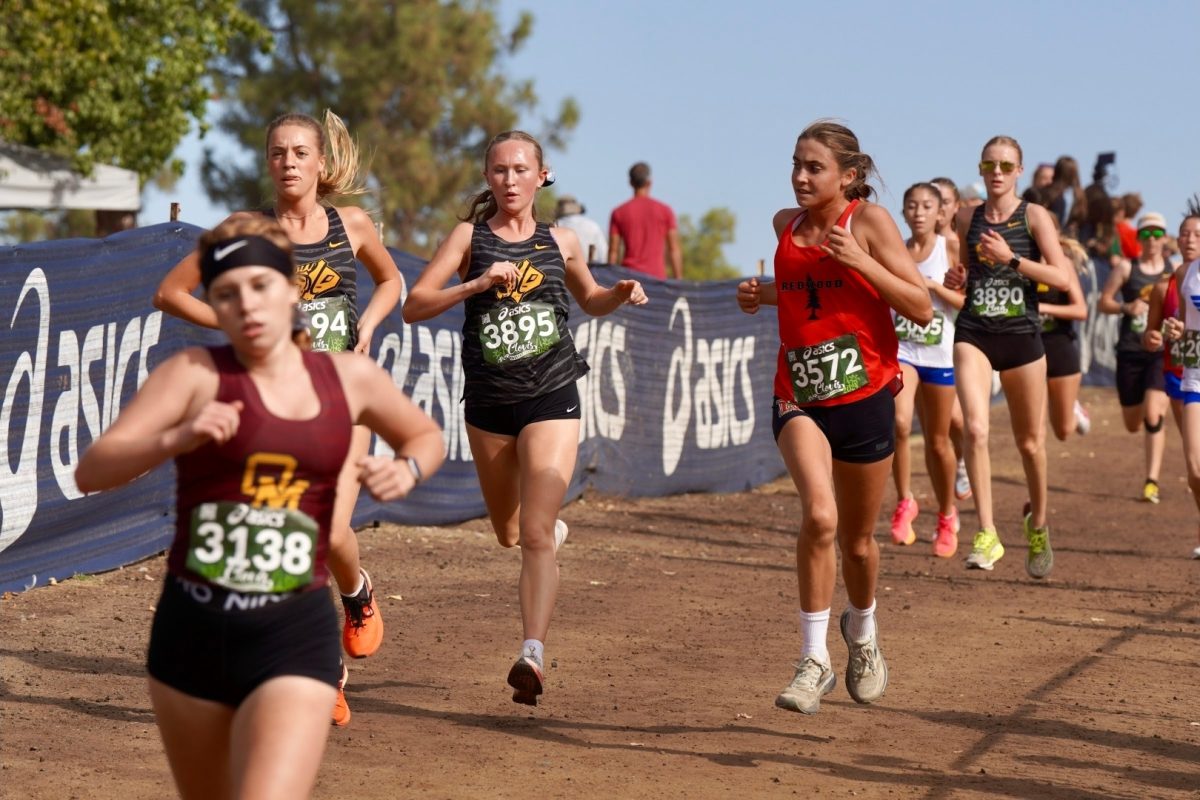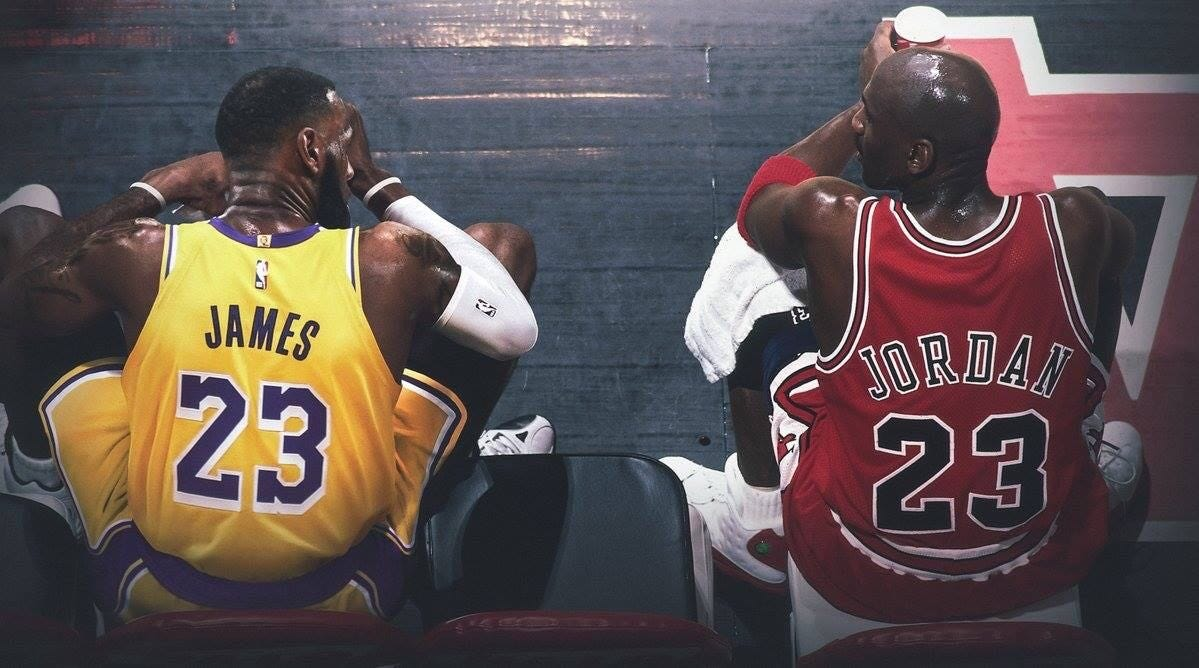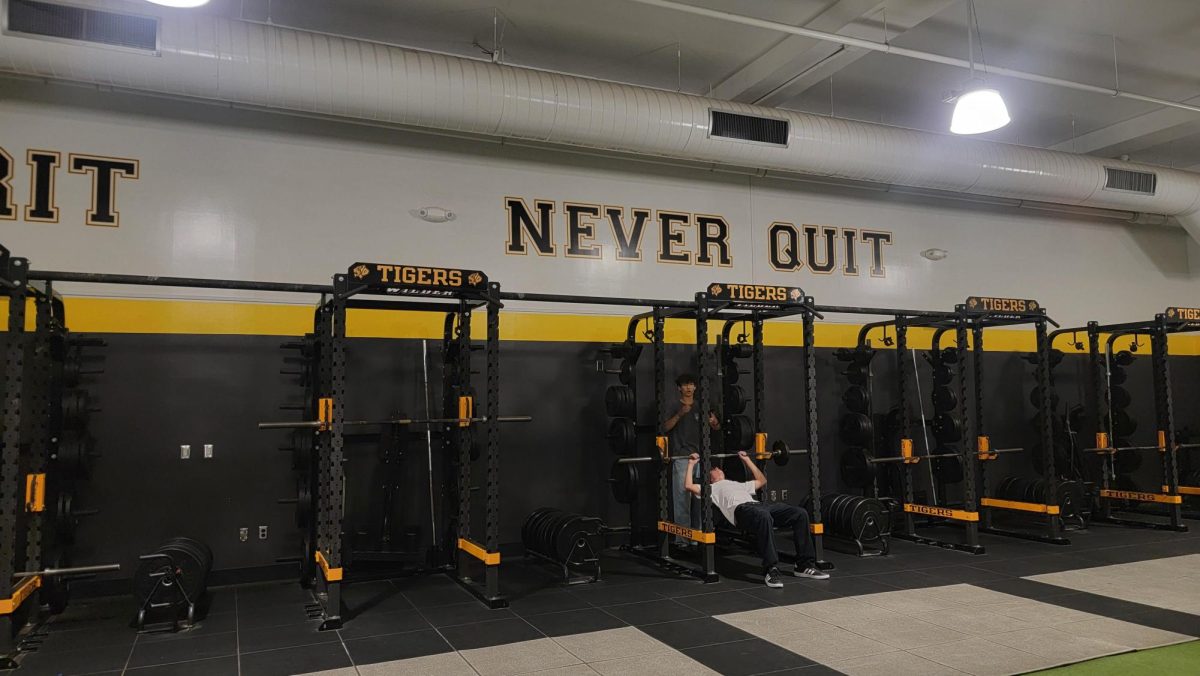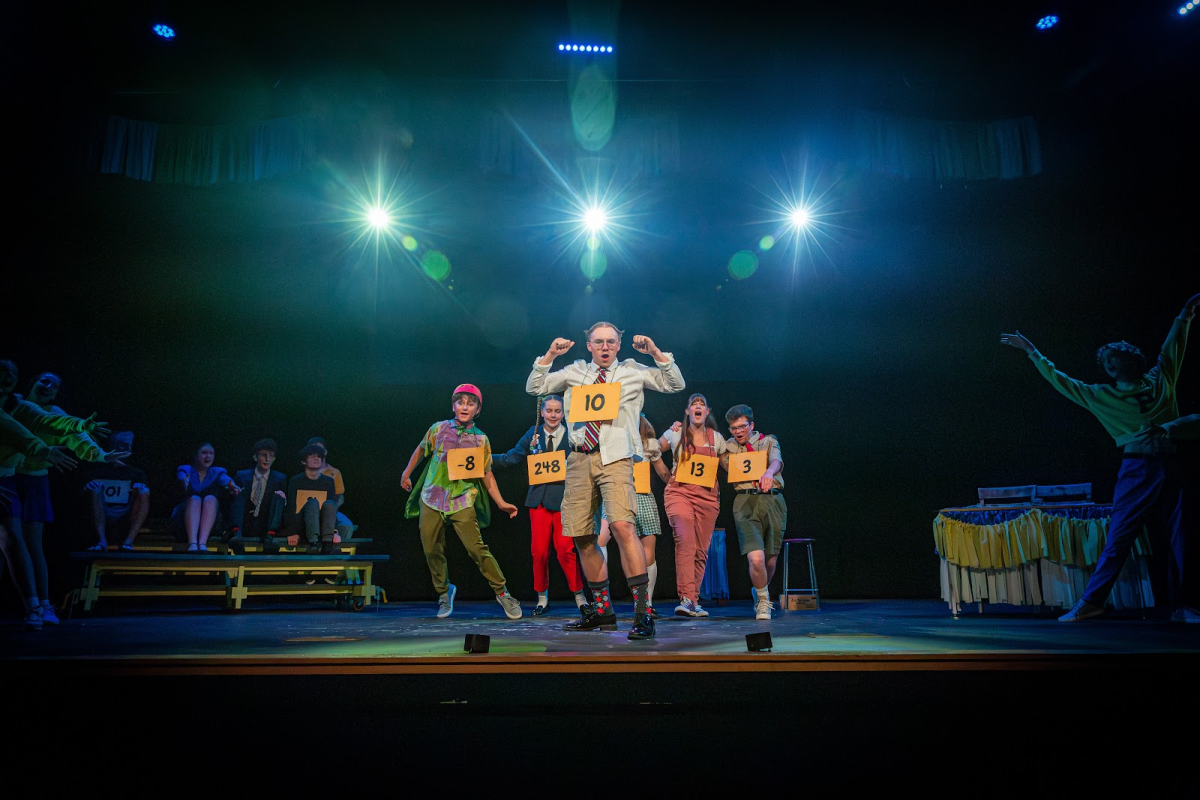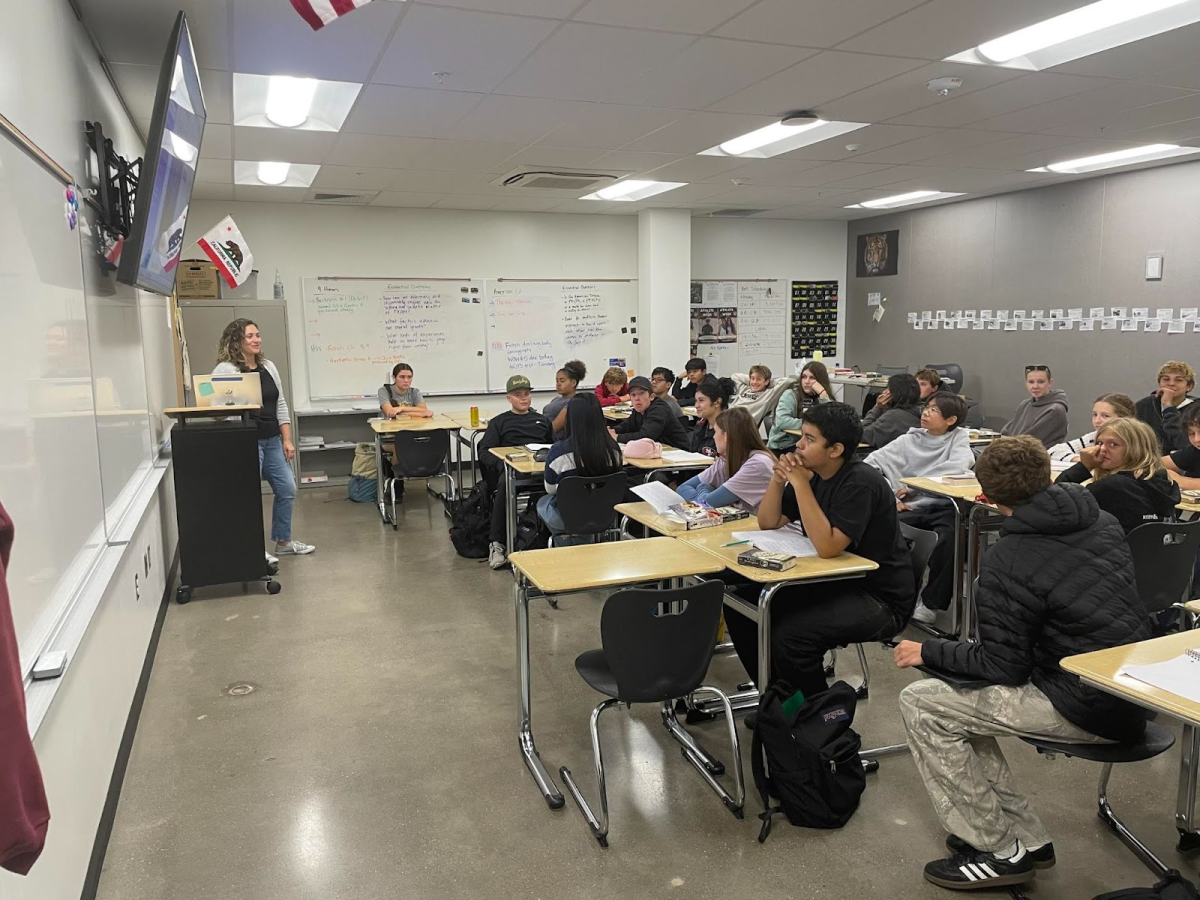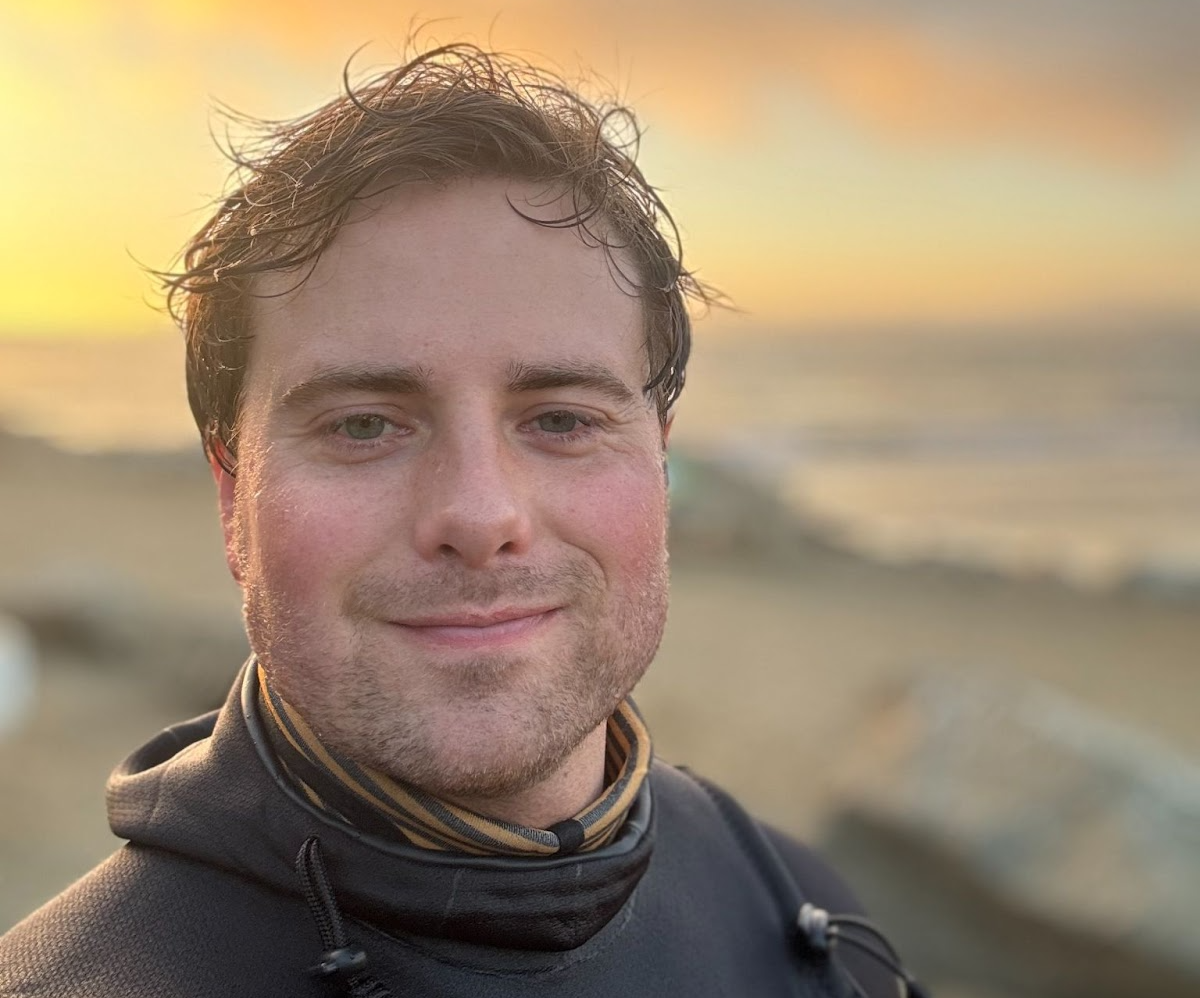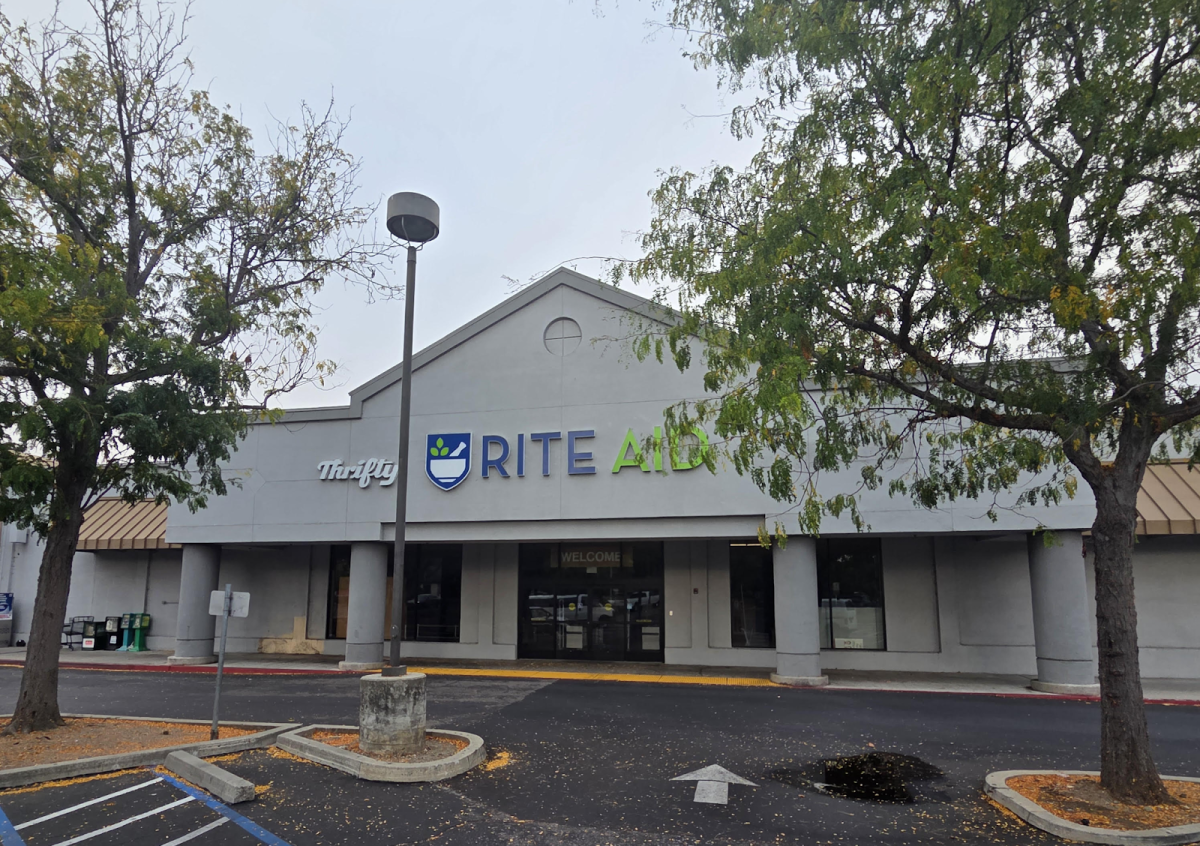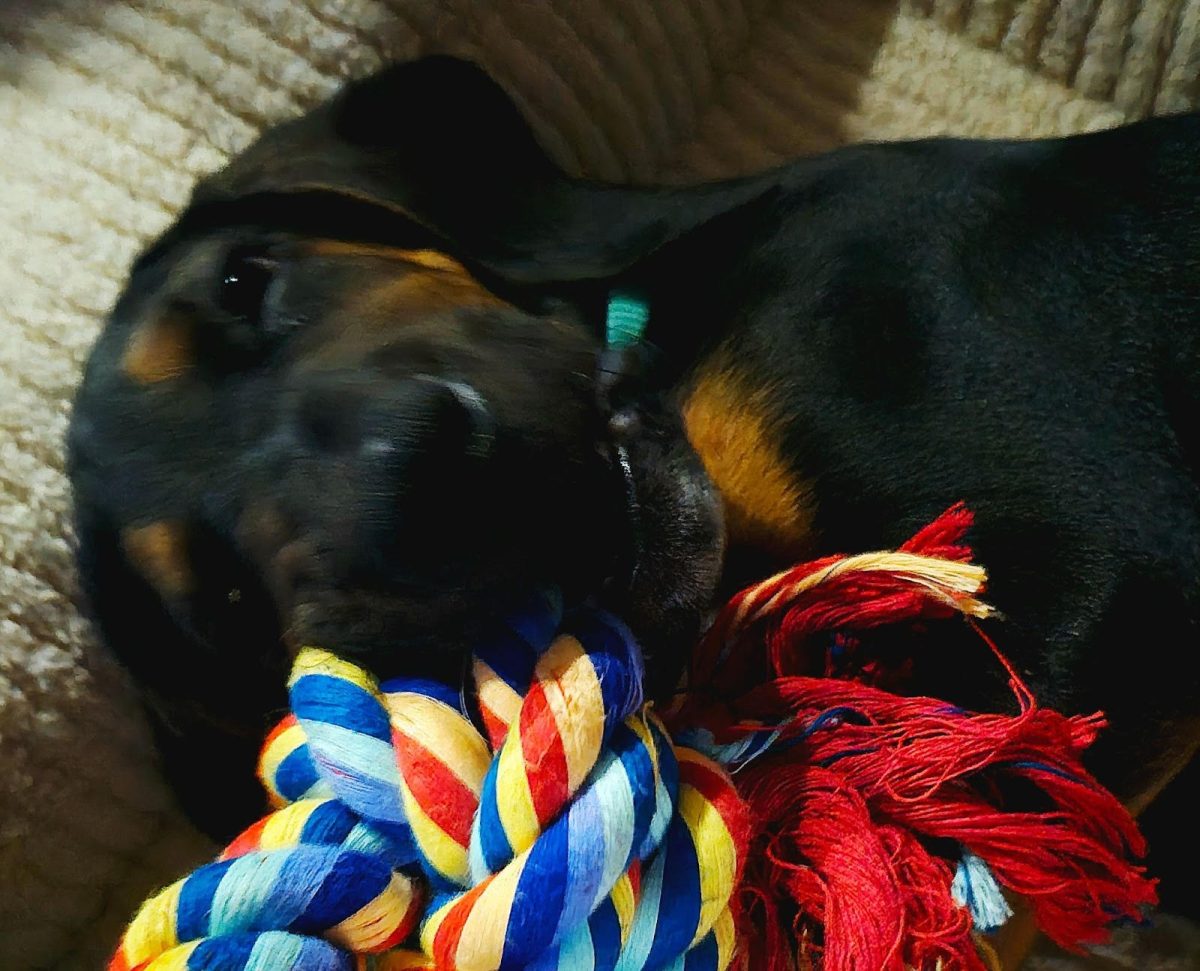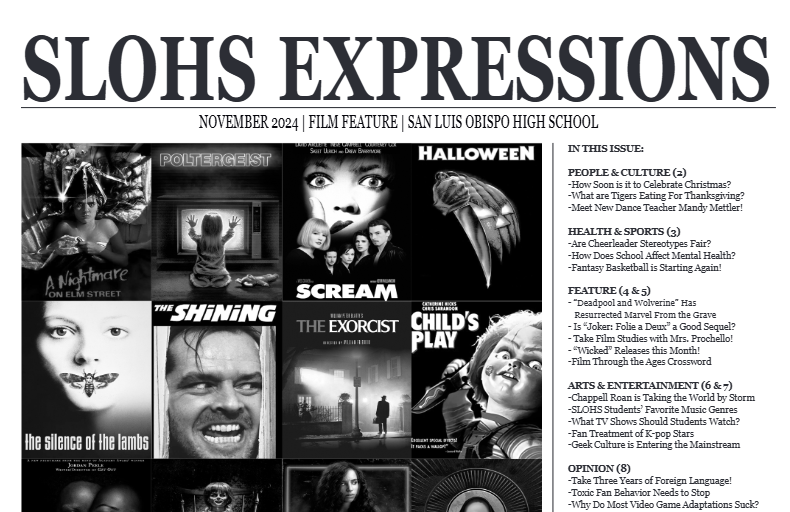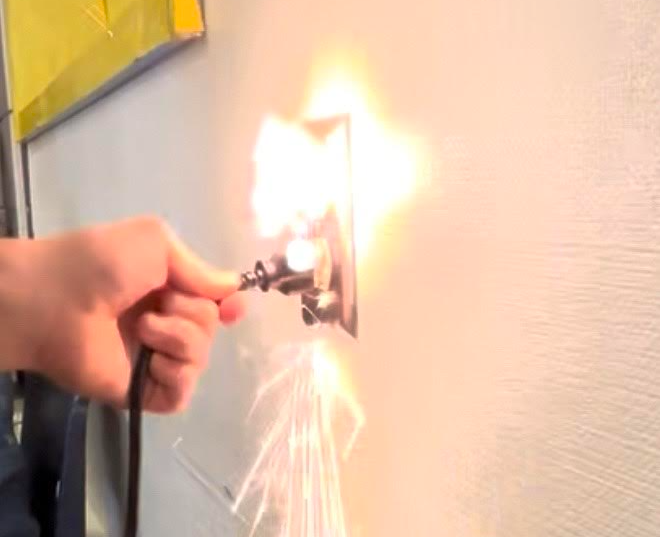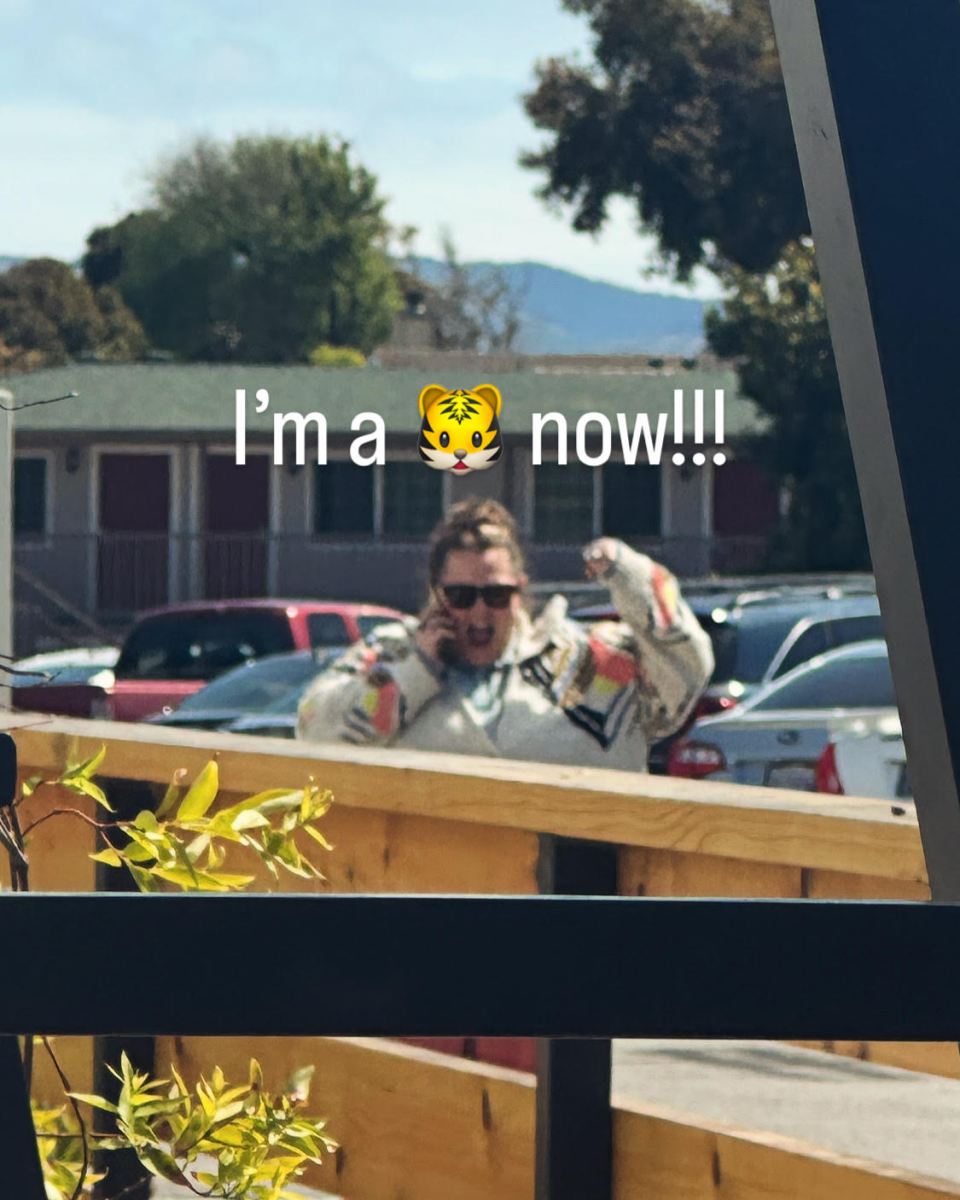As quarantine is becoming the new normal, different people around the world are inventing new devices and tools to ease the day to day struggles that are commonly faced. One of whom is Eastern Kentucky University senior Ashley Lawrence, a DHH (Deaf and Hard of Hearing) education student.
Lawrence set out to create cloth masks with a transparent piece of material that covers the mouth in order for some of the deaf and hard of hearing community members to have the opportunity to communicate better during this time—specifically through lip-reading.
“I felt like there was a huge population that was being looked over. We’re all panicking right now and so a lot of people are just not being thought of. I felt like it was very important that, even at a time like this, people need to have that communication,” said Lawrence.
Within San Luis Obispo, there is a large number of people in the DHH community, along with the fact that San Luis Obispo High School and other schools in California offer American Sign Language classes, so this particular innovation and others like it could potentially reach the SLO area.
“Times of crisis/emergencies often leave DHH people out of vital communications/information dissemination. It is crucial to remember to accommodate everyone, especially during these times. My personal opinion is that the clear-panel mask is just one step in offering such accommodation. Another way of ensuring proper crisis communication is the use of DRI (Disaster Response Interpreters),” said SLOHS ASL teacher Kristen Nusbaum.
There are, however, various flaws that are a disappointing result of these masks..
“I think that the idea of this mask is interesting because many people have different skill levels when it comes to reading others’ lips. Some people struggle to lip read, some can lip read but very slowly, and some can lip read fluently, so I don’t think it is the best idea because it means that all people would need to wear these masks, which would be a challenge, since not everyone is deaf or hard of hearing,” said sophomore Natalya Beck.
Though these masks may not be the perfect solution for everyone, they still can be extremely helpful to some, which is a step in the right direction to making the necessary accommodations during this crisis.
“Not all deaf people know how to lip read, so for someone like my sister who doesn’t lip read that well, it’s not that necessary. On the other side, there are some deaf people who don’t sign and only lip read, so I think this is perfect for families who rely on specific forms of communication,” said junior Aaliyah Beck.
These masks are a great resource for members with certain characteristics in the DHH community, so they won’t work for everyone, but they will be immensely helpful to even a small group of people. Even though they aren’t benefiting everyone, just easing the amount of misinformation within the community is a great improvement.
“I understand that some people feel the clear front panel masks are not a perfect solution…but what is? One suggestion would be for everyone to learn ASL (or other national/regional sign systems depending on the country of use). But, do keep in mind that not all DHH people sign. That being said, I think the number one most important thing to remember, regardless of the time or circumstance, is to accommodate those in need. We must remember that while we are all weathering a similar storm, we are not all in the same boat. The best solution to ensuring everyone’s safety during a time of crisis is to utilize all resources at one’s disposal to their maximum effect: technology, video, sign systems, inventions such as the clear front panel masks, and DRI,” said Nusbaum.
As SLOHS students are being left with some extra time on their hands, they should think about what impact they can create to help encourage additional accommodations within the community.

